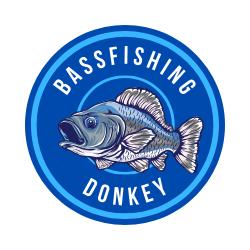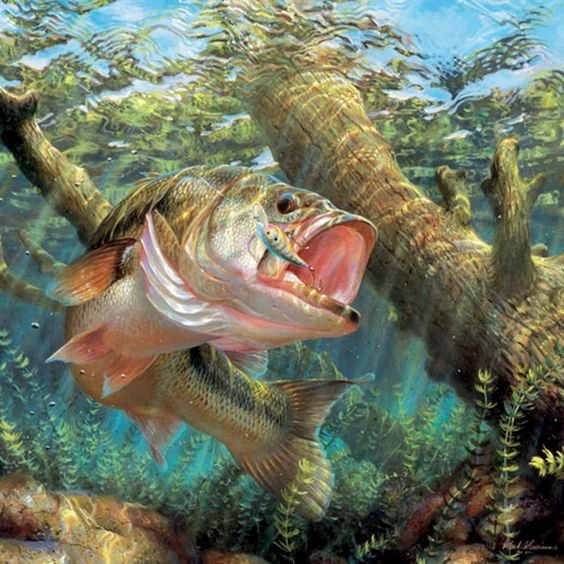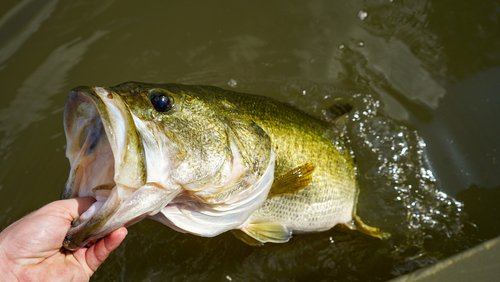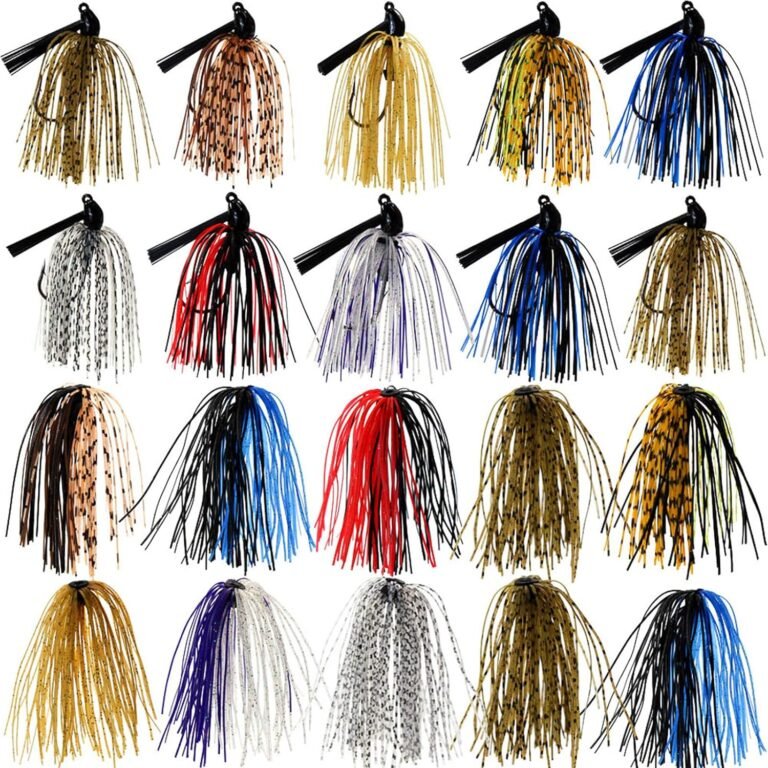When it comes to bass fishing, some individuals resort to breaking the rules in pursuit of victory. One of the most prevalent methods involves violating tournament regulations. Let’s talk about Bass Fishing Cheaters Exposed!
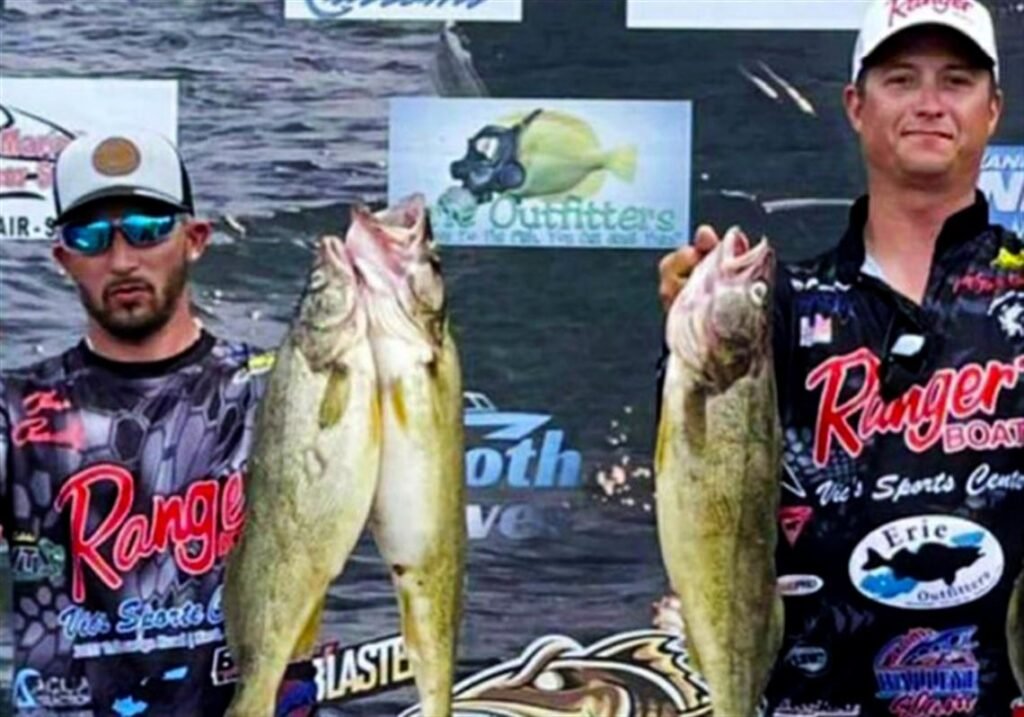
It would be best if you watched these guys. They might sneak in prohibited substances or modify baits in ways that attract fish more effectively but violate the established guidelines. Additionally, some cheaters try deceptive tactics during weigh-ins by submitting oversized or underweight fish, hoping that officials won’t notice the discrepancies.
Unauthorized Assistance During Competitions
Another sneaky method bass fishing cheaters employ is seeking unauthorized assistance during competitions. The rules typically prohibit receiving help from others while actively fishing, as it undermines fair competition.
However, some dishonest anglers disregard this rule and engage in covert collaborations. Whether it’s a secret signal from a competitor or a carefully orchestrated plan with someone outside the tournament, such unauthorized assistance gives them an unfair advantage over honest participants.
Technology and Equipment Manipulation
As technology advances, so do the methods used by bass fishing cheaters. With gadgets becoming more sophisticated, these dishonest anglers find new ways to manipulate equipment for their benefit. One example is using electronic fish finders in restricted areas where they are not allowed, providing detailed information about fish locations that others can’t access legitimately.
Another deceitful tactic involves GPS spoofing—manipulating location data—to trick tournament officials into believing they fished within approved boundaries when they breached those limits. Furthermore, some cheaters hide prohibited gear or lures on their boats to gain an unfair edge without detection.
By employing these various methods of cheating in bass fishing tournaments and manipulating technology and equipment to deceive competitors and officials alike, these dishonest anglers undermine the fairness and integrity of the sport. However, it is crucial to shed light on their actions and understand how they impact the fishing community as a whole.
High-Profile Cases of Bass Fishing Cheating
Notable incidents in professional bass fishing tournaments
Professional bass fishing tournaments have not been immune to instances of cheating. Over the years, there have been a few infamous cases that shook the angling community.
One such incident occurred in 2014 at Lake Guntersville, involving renowned angler Randy Howell. During the tournament, he was accused of improperly handling his fish by holding them in his livewell before weigh-in, which violated tournament rules.
This controversy sparked a heated debate among fellow anglers and fans alike. Another recent case that drew attention unfolded at the FLW Tour in 2020 when Bryan New was disqualified from a tournament for violating the catch-and-release rule.
It was discovered that he had placed a fish on his line intentionally after catching it and before releasing it back into the water. Such incidents not only tarnish the reputation of individual anglers but also cast a shadow on the integrity of competitive bass fishing as a whole.
Impact on the cheater’s career and reputation
When caught cheating in professional bass fishing tournaments, cheaters face severe consequences that go beyond public scrutiny. The repercussions often extend to their careers and reputations within the angling community.
Loss of sponsorships and endorsements is one common consequence cheaters face as companies do not want to be associated with dishonesty or unethical behavior. Furthermore, competitive fishing associations take strong measures against cheaters to uphold fair play and sportsmanship principles.
Offenders may face suspension or even permanent bans from participating in future tournaments organized by these associations. The stigma attached to being labeled a cheater can be incredibly difficult for an angler to overcome, damaging their credibility within the sport.
The Ethics Debate Surrounding Bass Fishing Cheating
Arguments against cheating in bass fishing
Cheating in bass fishing is vehemently condemned by those who believe in fair competition and upholding the principles of sportsmanship. It undermines the very essence of the sport, where success should be determined by skill, knowledge, and technique.
Cheating not only disheartens honest participants but also erodes the trust and camaraderie that should exist among anglers. Additionally, cheating diminishes the integrity of bass fishing as a whole.
The sport relies on honesty, respect for fellow competitors, and adherence to rules to maintain its authenticity. When cheating occurs, it taints the image of competitive bass fishing and raises doubts about the legitimacy of impressive catches or tournament outcomes.
Arguments for stricter regulations and penalties
To combat cheating effectively in bass fishing, proponents argue for stricter regulations and penalties. By implementing stringent rules and enforcing them consistently, potential cheaters are discouraged from engaging in dishonest practices.
Knowing that they face severe consequences acts as a deterrent against individuals who may be tempted to gain an unfair advantage. Having robust regulations also protects the integrity of bass fishing as a whole.
It ensures that competitions remain true to their purpose: showcasing angling skills while fostering an environment based on fairness and ethical conduct. Stricter penalties send a clear message that cheating will not be tolerated within the sport.
Preventive Measures to Combat Cheating
Enhanced tournament rules and regulations
To address the issue of cheating in bass fishing tournaments effectively, organizers continually strive to enhance tournament rules and regulations. These improvements aim to close any loopholes that cheaters might exploit while ensuring fairness for all participants.
One key aspect is strict enforcement by tournament officials who closely monitor angler activities throughout competitions. This includes rigorous checks during weigh-ins for illegal baits or violations related to catch-and-release protocols.
Additionally, advances in technology allow officials to track suspicious behavior and investigate any reported infringements promptly. By implementing comprehensive rules, encouraging whistleblowing, and actively pursuing allegations of cheating, the angling community can create a more transparent and trustworthy environment for competitive bass fishing.
Conclusion
While cases of bass fishing cheating may cast a temporary shadow on the sport, they also present an opportunity for growth and improvement. By highlighting these incidents and engaging in discussions about ethics, regulations, and preventive measures, anglers, organizers, and fans can collectively work towards ensuring the integrity of competitive bass fishing.
Through increased awareness and enforcement of strict rules, we can foster an environment where honest competition thrives. With proactive measures in place to combat cheating effectively, we can maintain the beauty of bass fishing as a skill-driven sport that brings joy to anglers around the world.
